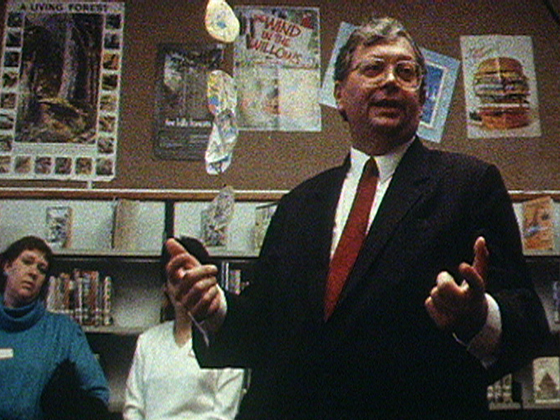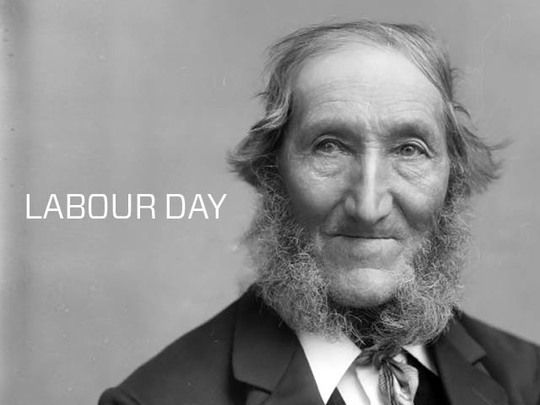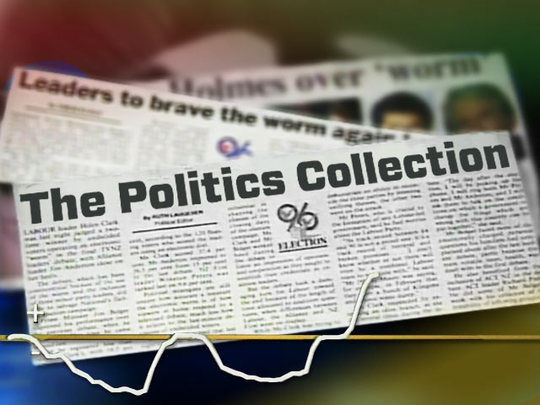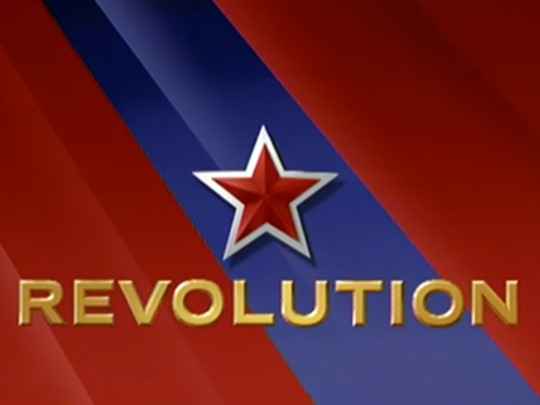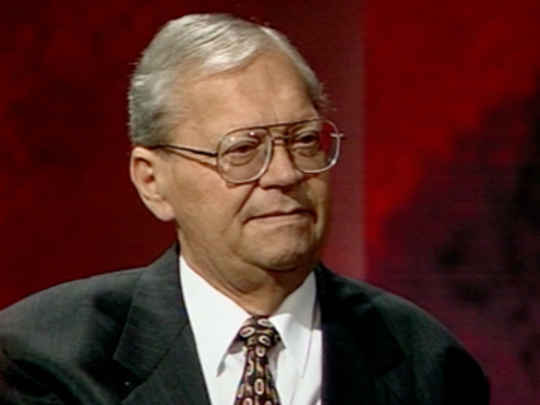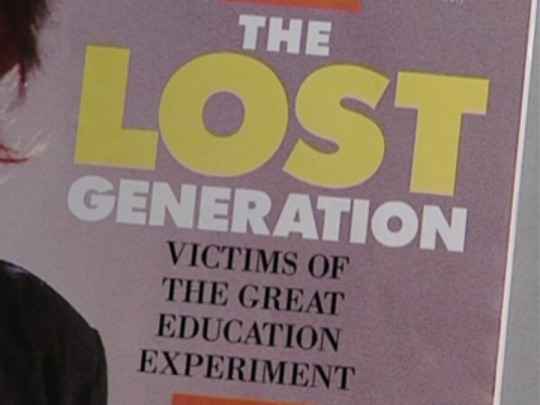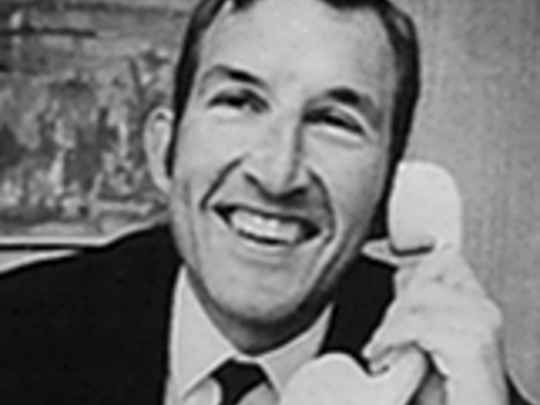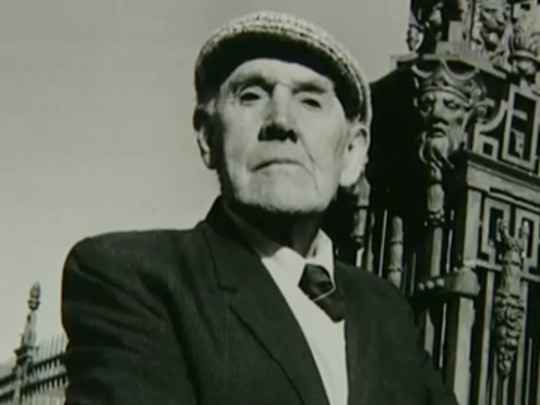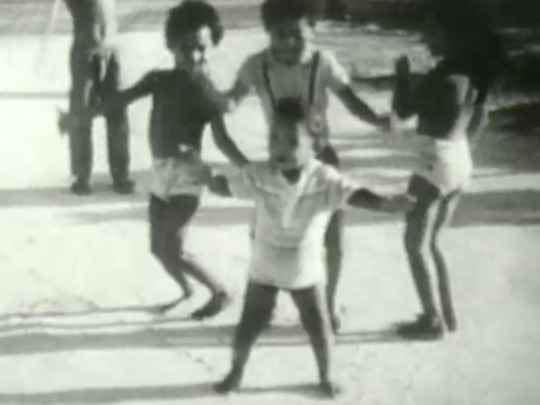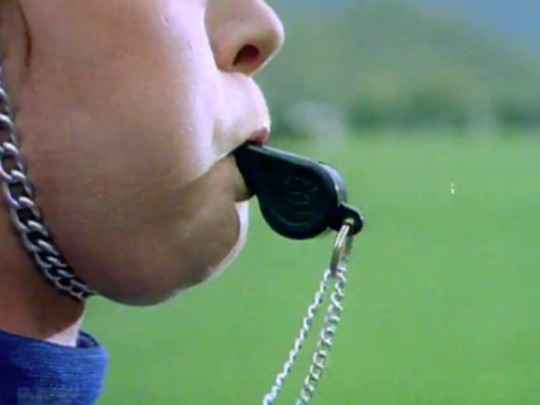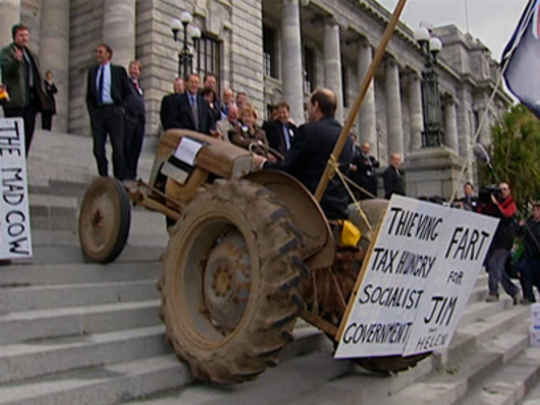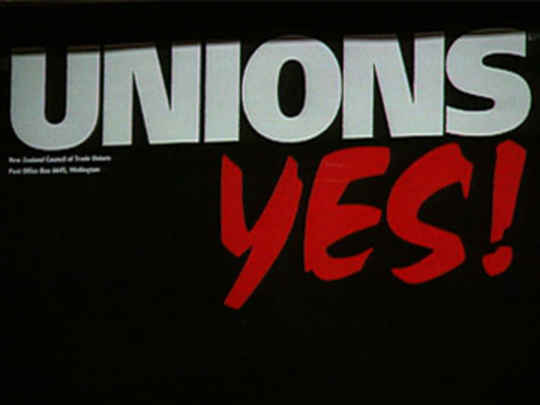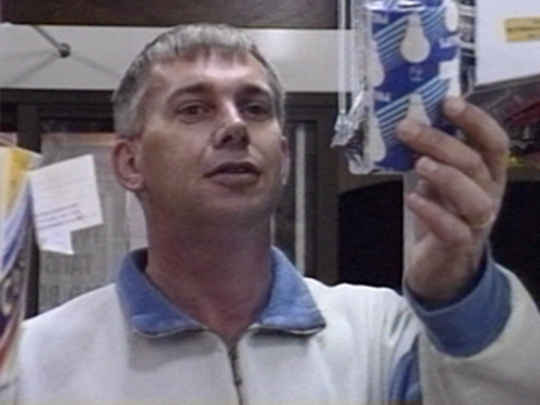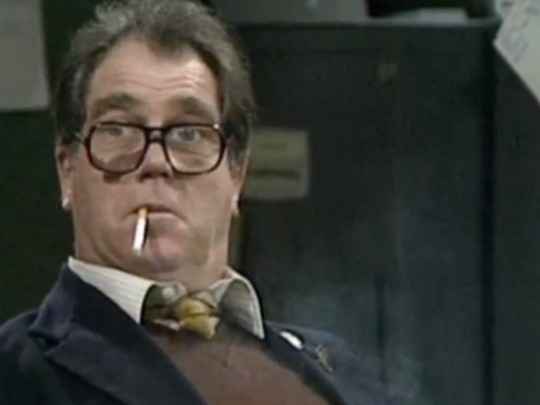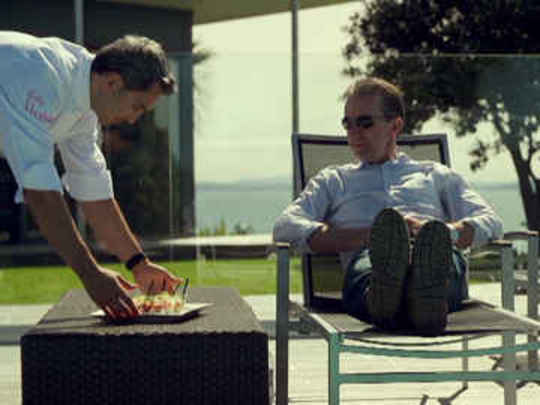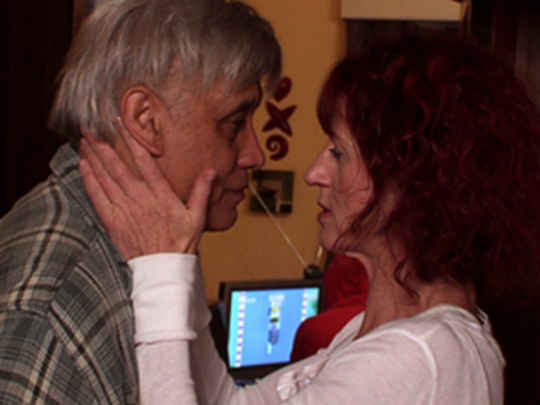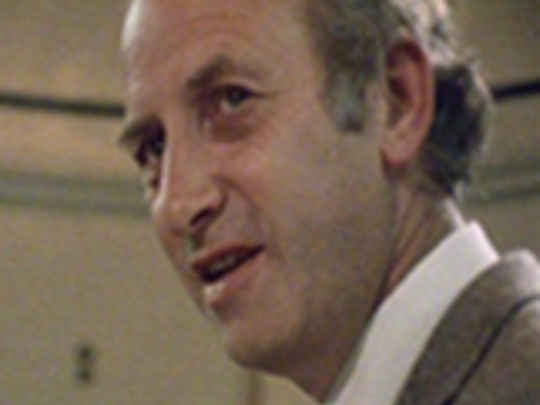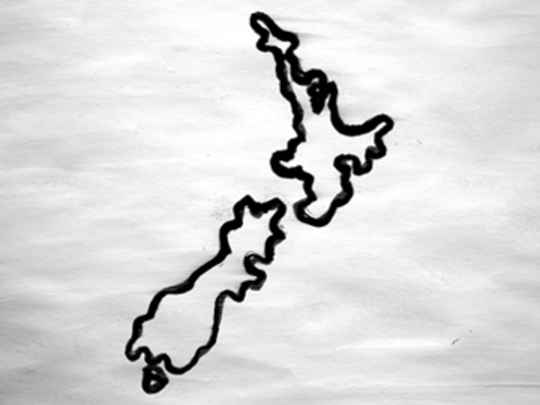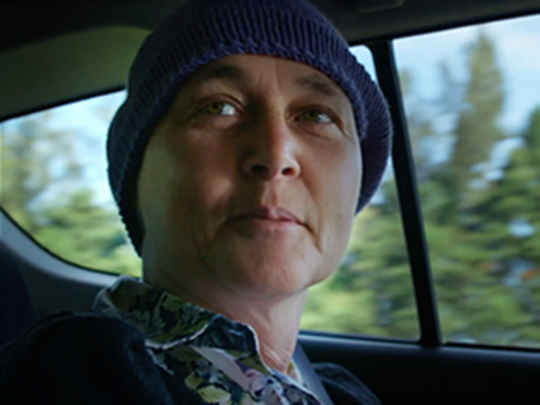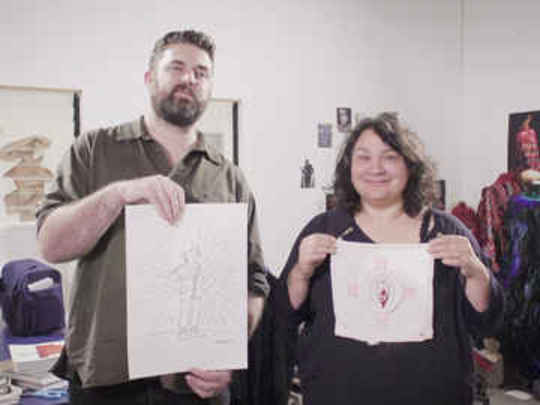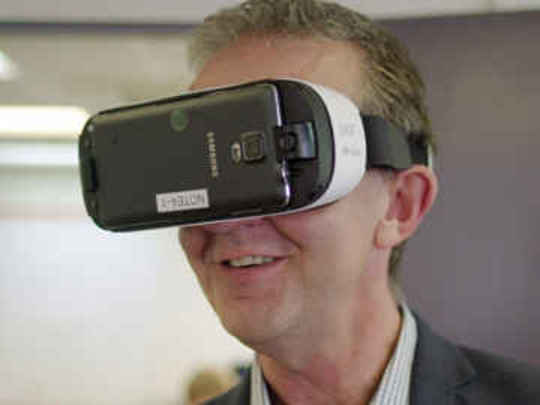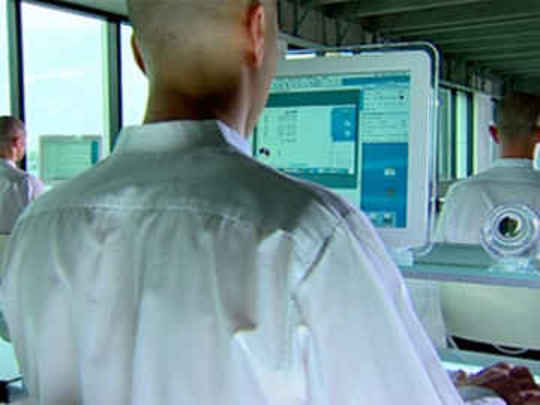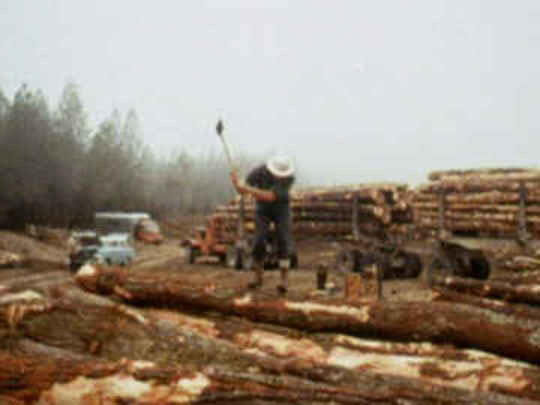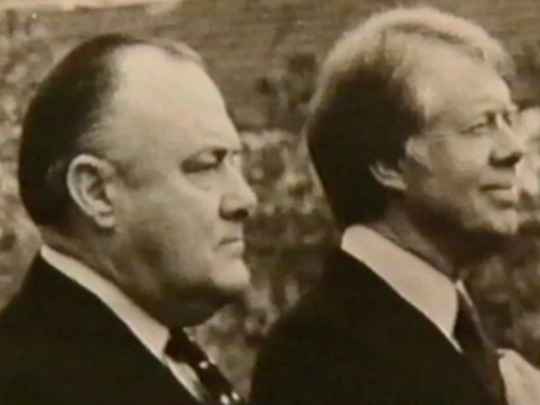Someone Else's Country
Film (Full Length) – 1996
This title has two backgrounds:
A Director's perspective
It is a quarter of a century since the New Right revolution began in New Zealand. New right ideology has become known as neoliberalism – a new version of an old idea of economic liberalism that says that society is best organised by free markets with as little government regulation as possible.
New Zealand was one of the first countries to be taken over by neoliberalism. Since then it has been forced on dozens of countries around the world. The result has invariably been a huge shift in wealth and power from the poor to the rich, and through “globalisation” to multinational corporations. By 2009 New Zealand ranked as the sixth most unequal society in the OECD and first in the world in the rate at which inequality had grown over the previous twenty years. In poor countries the cost of neoliberalism in human suffering has been staggering.
The political process of achieving the neoliberal transformation has been extensively studied. It generally followed two stages. The first was rapid and radical changes imposed from the top by neoliberal politicians and bureaucrats, justified by a real or manufactured crisis. Controls over financial transactions were abolished, publicly owned corporations privatised; trade unions were weakened or destroyed by labour market deregulation; wages and welfare cut.
The second phase was one of consolidation led by massive tax cuts limiting future government initiatives and leading to further cuts in public services and the power of government. Over a period of time peoples’ expectations of their governments were expected to diminish as they adjusted to the new reality.
It had been anticipated by New Zealand’s New Right revolutionaries, that by the early 2000s our values would have changed and we would have come to think like them, accepting poverty and extreme wealth as both normal and necessary. To pursue personal advantage and to care less about our neighbours. But studies show that in fact our values haven’t changed much from those of our parents and grandparents.
What is happening though, is that we are forgetting how things used to be and who changed them. Even as the human and environmental costs of the neoliberal experiment increase, we are finding it harder and harder to imagine how things could be better.
I hope you will find this film a useful antidote to forgetfulness.
